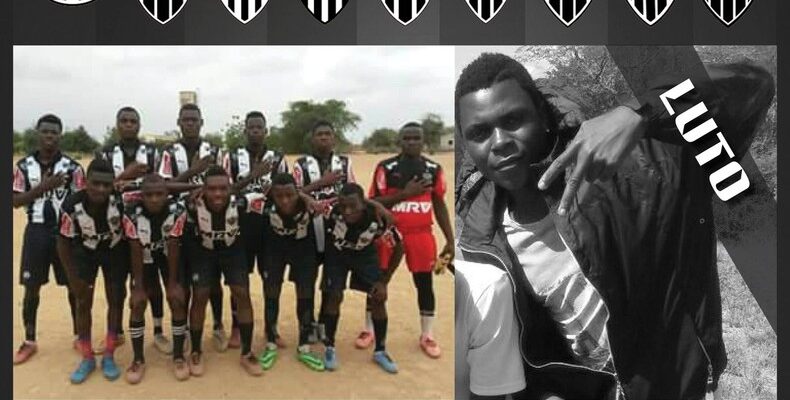In the vibrant tapestry of global football, where billion-dollar transfers and sprawling stadiums dominate headlines, smaller leagues often battle a different kind of opponent: the unforgiving realities of logistics and finance. Such is the current predicament gripping Mozambican football, where the national championship, Moçambola, finds itself in an unexpected timeout, not due to a referee`s whistle, but a striking lack of air tickets.
The Unsettling Announcement
The Mozambican Football League (LMF) recently delivered a stark assessment: they require a substantial €1.3 million (approximately 100 million meticais) simply to cover air travel costs for participating teams. This isn`t a plea for new talent or stadium upgrades; it`s a fundamental requirement for the league to literally get off the ground. The immediate casualty? The sixth round of the championship, originally slated for July 10th, which now remains indefinitely postponed.
Where Did the Funds Go (Or Not Go)?
Initial reports from the LMF cited `constraints` in air transport. However, the national carrier, Linhas Aéreas de Moçambique (LAM), was rather less diplomatic, clarifying that the `constraints` stemmed from the teams` outstanding bills. In essence, no pay, no fly. This candid exchange brings to light a rather basic, yet devastating, financial reality: professional sports, even at a national level, cannot operate on good intentions alone.
The Soaring Cost of Movement
Alberto Simango Júnior, President of the LMF, painted a clear picture of the escalating costs. A single athlete`s return airfare has seen a breathtaking 100% increase, soaring from roughly 21,000 meticais (€283) last season to a hefty 42,000 meticais (€566) today. While LAM`s reasons for this increment are reportedly `justifiable` – perhaps reflecting global fuel prices or operational challenges – the impact on the league is undeniable. It`s a classic case of necessary expenses exceeding available budgets, a situation many football organizations worldwide can relate to, albeit perhaps on a different scale of zeroes.
A Call to Government: The Last Resort
With the league effectively grounded, the LMF has turned to the Mozambican government, appealing for urgent intervention. The hope is that state support can bridge this financial chasm and allow the beautiful game to resume. The uncertainty, however, hangs heavy in the air, much like the grounded airplanes. “It`s difficult to say whether we will or won`t,” Simango Júnior admitted regarding a resumption date, emphasizing the external dependencies. “If it were only for sporting reasons, I could say yes, but since there are issues that do not depend on us, we will follow what the government is capable of doing in the coming hours, and then we will say when we resume.”
A Recurring Pattern?
This isn`t Moçambola`s first tango with logistical woes. The 2025 championship itself faced a significant delay, originally slated for a March 26th kickoff but pushed to May 17th. That initial postponement was also attributed to logistical and economic factors, notably air transport issues, exacerbated by the nation`s `context` following a tumultuous electoral process and social unrest. This recurring theme suggests that the current airfare crisis is not an isolated incident but perhaps a symptom of deeper, systemic challenges facing sports infrastructure and financing in Mozambique.
The Stakes for Mozambican Football
The Moçambola is more than just a series of football matches; it`s a source of national pride, a platform for local talent, and a unifying force in communities. Its continued suspension threatens to dampen spirits, disrupt player development, and erode fan engagement. The future of Mozambican football, at least for now, hinges on financial intervention and the ability to navigate the very literal overheads of competitive sport. While the global game chases records in revenue and player valuations, in Mozambique, the chase is for something far more fundamental: the ability to simply get to the next game.









